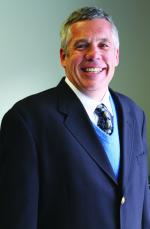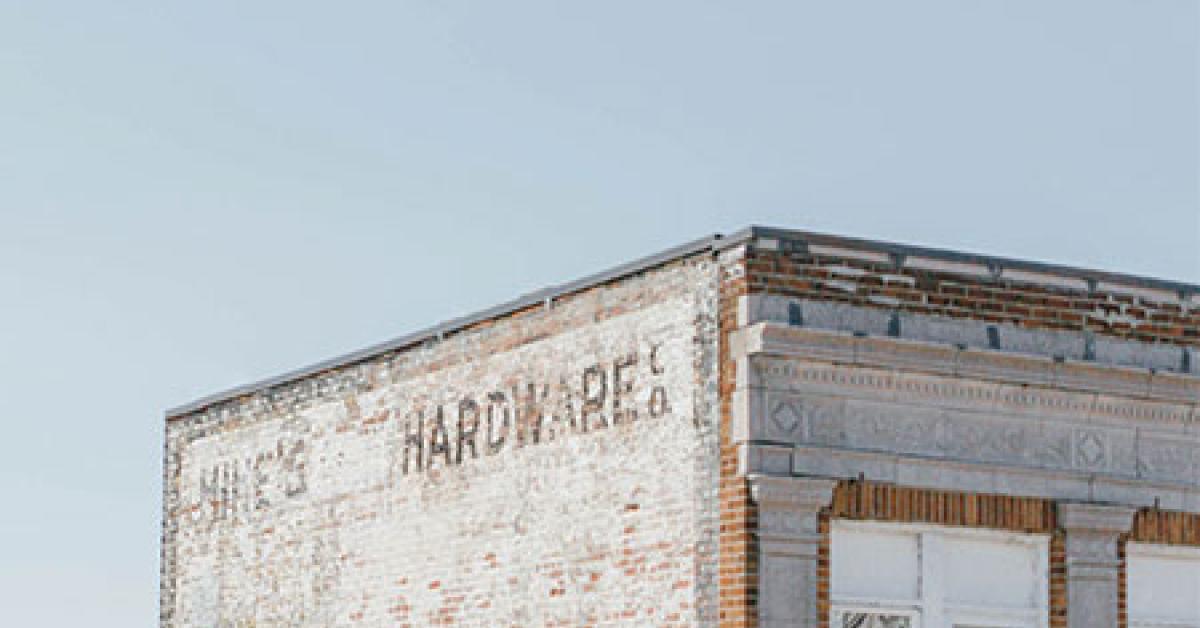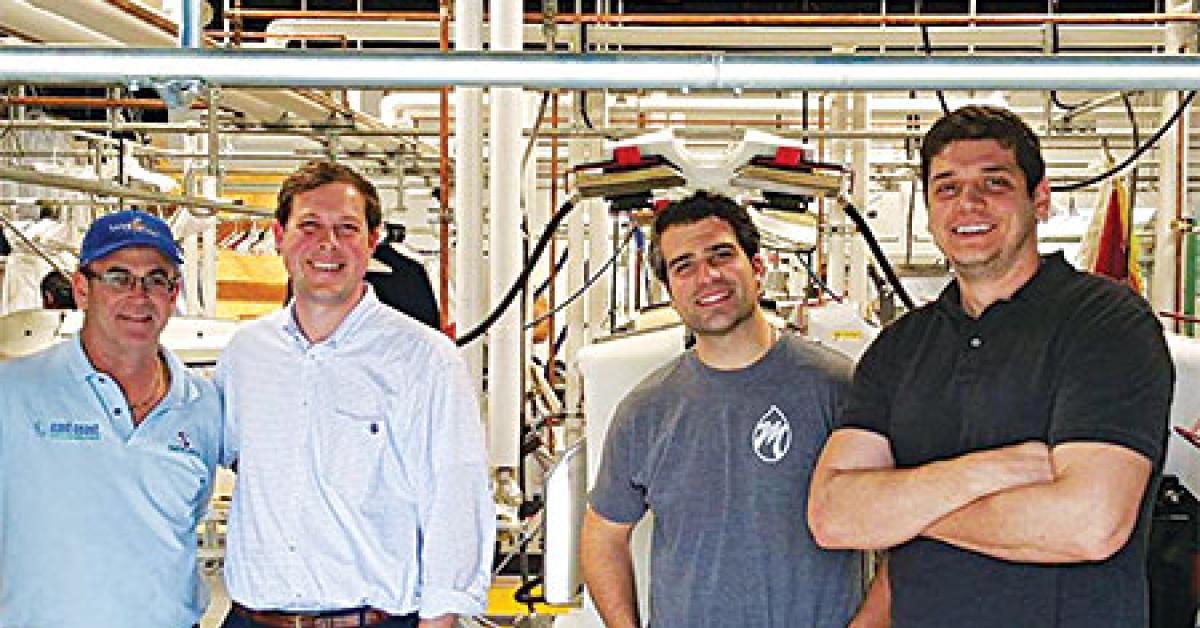CHICAGO — Call it being a good neighbor. Call it a smart business arrangement. Whatever you call it, it’s where service meets opportunity. Three drycleaning owners show how they are breaking down the conventional “walls” of what are accepted as stereotypical business parameters to reach out and “partner-up” in new ways, serving new markets and, in the process, “be there” for customers like never before.
“All the deals are handshake deals,” he says.
The phone line crackles. The connection isn’t the best. And he is pressed for time so the answers are kept short.
“We’re known as a good, stable business.”
The voice is coming out of a “well” over the line. Then the echo goes away.
“The handwritten note on the front door of the drycleaning store that went out of business some time ago simply says: ‘Go To Hardware Store.’ Which is next door. It’s a smaller community. There wasn’t enough volume to run a full-time cleaners.”
So how does it work, exactly?
“We’ve set up ‘Convenience Centers,’ we call them, in stores in small towns. No staff. No labor.
“For instance, we pick up three days a week from the hardware store manager, who accepts the drop-offs.”
Dennis Schmitt and wife Patti own Green Bay, Wis.-based Lindeman’s Cleaning, a full-service dry cleaner, which they bought from the son of the original owner in 1998. It was first established in 1951.
Schmitt mentions how these opportunities came about: “Lindeman’s Cleaning partnered with some other businesses in the surrounding communities. We were asked by them to extend drycleaning services to their customers in such businesses like grocery stores, hardware stores, men’s and women’s clothing stores.”
But this isn’t the only method to break down conventional walls and reach out in new ways.
PARTNER-UP, WALL-DOWN
Meet Stephen W. Moore, owner, Press Cleaners and PressBox Cleaners in Atlanta.
He started Press Cleaners in 2009 and PressBox Cleaners in 2012, to specialize in home pickup and delivery drycleaning and wash-and-fold laundry and locker valet service.
“I didn’t start offering wash-and-fold laundry right away,” he explains, saying that he held off because he “could never find a Laundromat that was truly willing to partner with me.”
Then he notes how he came across many Laundromats that needed to fill unproductive attendee hours but were unwilling to have staff handle increases in volume.
“I was encountering an antiquated mentality,” he relates. “I had several failing partnerships in the search for a wash-and-fold supplier — it turns out they weren’t really partnerships. Nothing really changed until I modified my mentality and approach.”
He asked this key question one day: How could a supplier increase their capacity to handle wholesale work that constitutes a larger percentage of their overall volume?
Moore notes that, “Ultimately, the trick was helping my partner get commercial work that I didn’t benefit directly from. I was always getting calls inquiring about commercial work — mainly from gyms, salons, and massage therapists. I directed work to my partner.
“As my partner picked up this more profitable work, his ability to handle my work in a timely and professional manner greatly improved. He was able to justify the infrastructure,” he says.
“The term ‘partnering’ is thrown around too much,” Moore indicates. “True partnerships have the mutual best interest in mind and take serious commitment. Though I maintain a separate business from my wash-and-fold partner, our companies have become codependent.”
Companies can help each other break through old “walls,” but communities can play a part, too.
Enter Ed Longanecker, owner of Mt. Pleasant, Iowa-based Iris City Cleaners, and District Five Committee member with the Drycleaning & Laundry Institute (DLI).
His business is located in the center of a town of 8,500 in southeast Iowa. He reaches out into the rural communities all around his region for business. His “walls” are mile-upon-mile of emptiness, but he’s ventured out far beyond them to make connections — and money.
“We have to go out to where the business is, in a 30- to 50- mile radius.”
His firm handles wedding gown work and partners with local bridal shops in other towns. He also notes he works with Overland Sheepskin Company in Fairfield, Iowa, which is, “20 miles west of us. We do repair work on leather, shoes, zippers.”
They sell sheepskin rugs, and coats, and they refer customers to him, he explains. “We go out every Monday and pickup sheepskin jobs for maintenance and repair.”
He also runs a separate logo mat business, selling custom mats to his customers.
“We use graphic designers locally, and we partner with a mill in Georgia to make them,” Longanecker says. “We also do work with ServiceMaster on textile restoration.”
The cleaner started in 1949 and he took over in 1969, installing a plant in half his building. He expanded the business to cleaning linens, doing fire restoration, the logo mat business, and more. He joined the chamber of commerce in four communities to have a presence, which helped his exposure.
“Not many cleaning services are in our rural area. We get our route person out on the road, do drop-offs, do home delivery.” He concludes with this: “Proximity is a value in these rural arrangements.”
Call them convenience centers, codependent businesses, or rural arrangements, this is how three individual dry cleaners reach out, in their own wall-breaking style, to gain new customers.
Schmitt relays a comment from a handyman who says his clothes get oily, describing the drycleaning convenience center inside the hardware store: “Wow, this’ll work.”
Simply put, that’s the point. Make it work — for the customer, the partner and you.
Break down old stereotypes, go beyond the “wall” (so to speak) of your known business environs. Look around for new ways to partner and serve customers. Be opportunistic. Bring your game out to them.
Are you ready to engage with a new player in a new way? Now you’re truly being there!
To read Part 1, go HERE.
Have a question or comment? E-mail our editor Dave Davis at [email protected].


